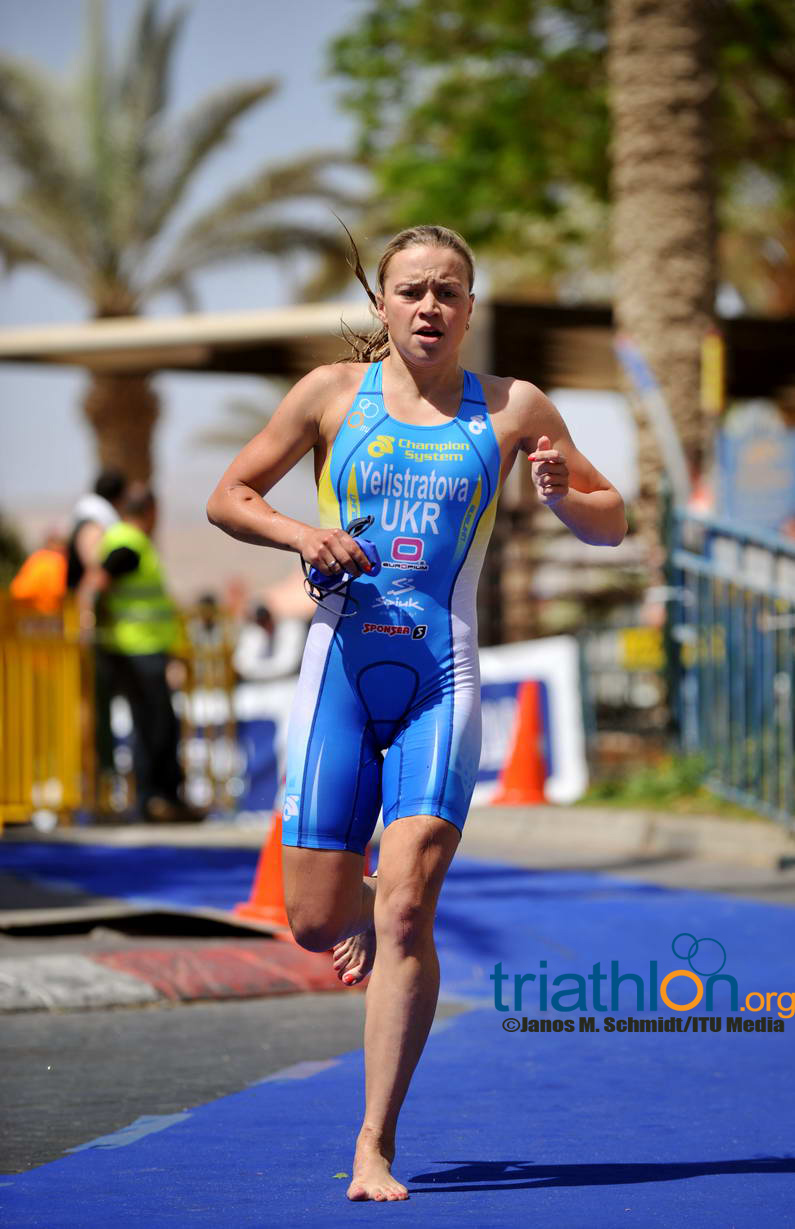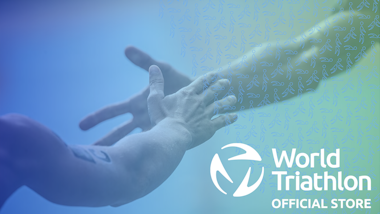Team ITU ready to race in Huatulco
02 May, 2012 | español
The final Team ITU for 2012 is ready to go at the 2012 Huatulco ITU Triathlon World Cup, as the development programme aims to help give its athletes one last London boost in the final World Cup of the Olympic Qualification period.
The primary objective of the development programme is to provide support, resources and expertise to athletes from emerging and developing National Federations, who have the potential to qualify for London 2012, to compete at a World Cup level. In Huatulco, those two goals meet.

So far, no athlete from Costa Rica, Cuba, Israel, Serbia, Barbados, Slovenia, Ecuador or Mauritis has qualified for an Olympic Games in triathlon before. Simic is on the verge of becoming the first Slovenian triathlete race in the Olympics, while St Louis currently holds the new flag African place for Mauritius. Bravo is just outside the current simulation, but still within reach, while Yelistratova is on track to reach her second straight Olympics. In the men’s, at the moment Chacon is on the Olympic simulation field, but others are close.
Team ITU’s head coach Gale Bernhardt, who was also coach of Team USA when Susan Williams won bronze in Athens, said Huatulco comes at a crucial point in the season.
“Most of the athletes are trying to place well in order to score more points heading into the final stretch of the Olympic Games, this is their chance, ” said Bernhardt, “While great results are the end goal, each athlete has sub-goals in order to race well. For some, this means pushing the swim pace to keep with a lead group. For others it will be staying with the pack on the bike. All of that has to be done without sacrificing too much energy because they all need a strong run. Given the difficulty of the bike course, energy management is a challenge. That said, for a chance at the 2012 Olympic Games this is an all or nothing race.”
 However, the athletes need to balance that outcome, with focusing for the race. While Wilson is currently fighting for the Americas new flag spot, he said his strategy is to think about that points list for a few days, then put it aside.
However, the athletes need to balance that outcome, with focusing for the race. While Wilson is currently fighting for the Americas new flag spot, he said his strategy is to think about that points list for a few days, then put it aside.
“I am very aware of it. I have know exactly where I have to finish this weekend, who I have to beat and by how much and also where other guys have to finish in order for myself to get that spot and stay in that spot until the end of May,” said Wilson. “That said my coach and I have worked this all out a while ago and sometimes I do obsess over it for a couple days; but in the week leading into the race I try my best to forget everything about it and I try to enjoy the many reasons why I travel half way around the world to compete in these races.”
Speaking of travel, it’s a hectic schedule for athletes as they chase those points around the world. Simic’s past month has been a perfect example; she’s en route to her four continent in four weeks after racing in Sydney, Eilat, Fuzhou and now heads to Huatulco, one of the toughest stops on the tour.
“Last month I am racing every week everywhere: of course in this way it is not easy to train and to keep good condition, but at least I fly so much, that I can sleep a lot (and immediately) on the plane,” Simic said. “I have nice memories on my last race in Huatulco. I like the course, especially bike, but not so much hot conditions.”
Overall, Bernhardt said while the goals for each athlete might be different, she would encourage them if suitable to follow the Team ITU spirit and work together.
“I am in the process of collecting specific goals from the athletes. What I have found in the past is though everyone wants to race well – have a good result – not everyone will take the same race strategy to achieve that goal,” she said. “I try to help each athlete capitalise on his or her strengths. I offer suggestions on strategy, if it’s appropriate. In some cases, goals may not conflict. For example, if two athletes need to finish in the top 10 and they can help each other accomplish that goal, I encourage them to do just that. If they can help each other and both be top 10 versus view each other as rivals and perhaps one or both finish out of the top 10 – why not work together to get to the Olympics?”
The support team in Huatulco includes ITU Development Director Libby Burrell, world class coaches Bernhardt, Roberto Solano, David Bardi, bike mechanic Jeff Donaldson and physiotherapist Brian Quale.
tags
Array {tag_name} {/tags}
event website
2012 Huatulco ITU Triathlon World Cup
Results: 2012 Huatulco ITU Triathlon World Cup : Elite Women
| DNF. | Anahi Leon | MEX |
DNF |
| DNF. | Manon Letourneau | CAN |
DNF |
| DNF. | Vendula Frintova | CZE |
DNF |
| DNF. | Paola Diaz | MEX |
DNF |
| DNF. | Lydia Waldmüller | AUT |
DNF |
Related articles

The ITU World Cup series returns to Huatulco for the fifth year in a row this weekend, and it's the last world cup event of…

The first Team ITU event may be over for the 2012 season, but thanks to dedicated staff, the ITU Sport Development programme…

Team ITU starts its sixth season in Mooloolaba this weekend, click here to find out more about the athletes in this ITU…

After celebrating its 5-year anniversary in a highly successful 2011 campaign, Team ITU is back for 2012 with several…

Five years ago, Team ITU was simply an dream. In Auckland this week, the team is celebrating five years of making dreams come…





